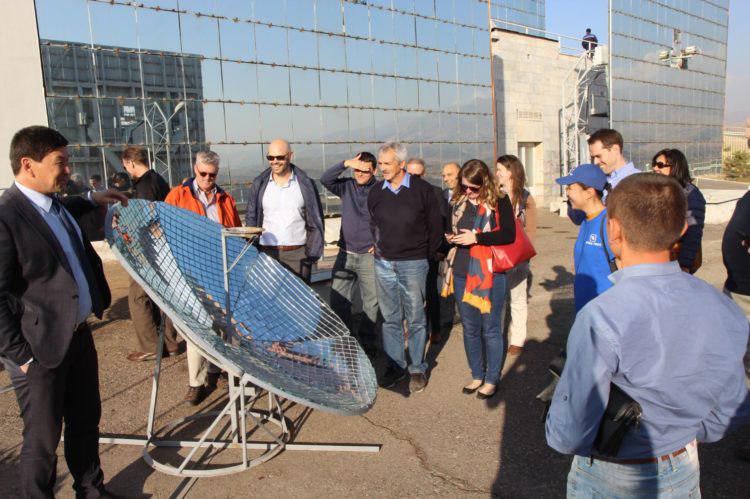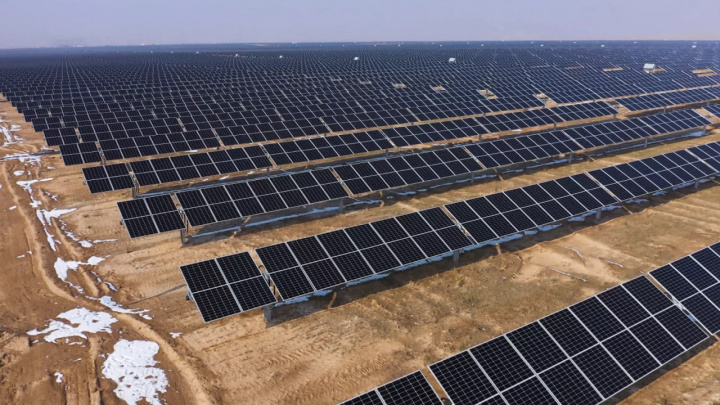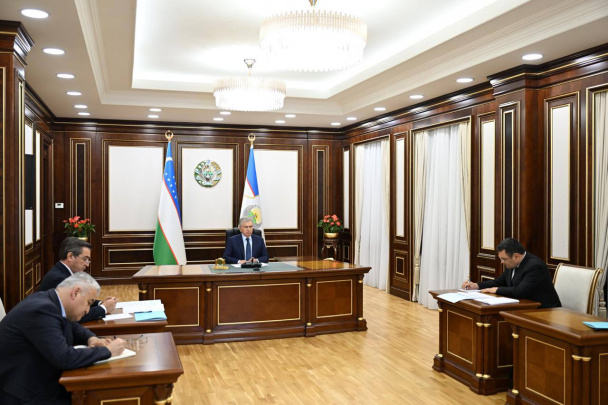USAID provides support to Central Asian countries to increase regional electricity trading

The United States, through the United States Agency for International Development (USAID), supported a two-day regionwide workshop on the Concept and Prospects for a Central Asia Regional Electricity Market (CAREM), US Embassy in Uzbekistan reports.
Power sector representatives from all five Central Asian countries attended the conference and shared their nation’s experiences on recent developments and current priorities in their respective power sectors. International experts presented best practices of electricity markets successfully implemented in other regions.
In his opening remarks, Mr. Daniel Rosenblum, US Ambassador to Uzbekistan, pointed out that, “A regional electricity market will not only provide low-cost energy to meet the needs of the people of Central Asia; it will also create a foundation for future economic growth, energy security, and social development. Such an environment will facilitate regional trade and attract foreign investment.”
Participants in the event concluded that regional cooperation will promote greater economic and social development, attract investment to the power sector, and ensure a reliable and secure power supply.
Event participants included key officials from the ministries of energy and power companies of Central Asian countries, International Financial Institutions and international experts. The meeting was aimed at providing support to Central Asian countries to increase regional electricity trading.
The USAID Central Asia Regional Electricity Market (CAREM) project was launched in 2018 to promote the region’s long-term energy security and economic growth, while serving as a platform for an expanded Central Asia-South Asia regional power market that will deploy the lowest-cost power in support of greater economic and social development. The ultimate objective of CAREM is an integrated power market that ensures fair and consistent transactions for all countries; common standards for performance; fair and non-discriminatory pricing; and access to electricity at cost competitive prices.
Related News

15:00
Uzbekistan sees surge in household solar energy production and earnings

16:55 / 26.04.2025
Uzbekistan boosts fuel and gas production despite oil output decline

12:30 / 19.04.2025
Uzbekistan aims to generate 54% of electricity from renewable sources by 2030

20:14 / 16.04.2025



